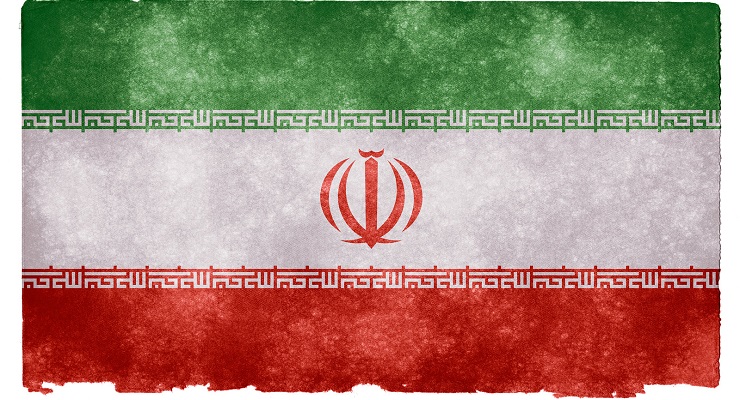
This article published by The Nation is written by Dostmohammad Punjabi. Here is an excerpt:
There’s a running joke among Iranians that the Iranian political system must be far more advanced than the one in the United States; months after the US election millions of Americans doubt the winner, but months before the Iranian election, everyone was certain who the winner was going to be.
Iran has begun an electoral process in which the vote, scheduled for June 18, is predetermined and where voter participation will likely be at a record low. Supreme Leader Ali Khamenei appears to have handpicked Ebrahim Raisi, a hard-liner who is head of the judiciary, to succeed Hassan Rouhani as president.
This has never happened before in Iran, and since 1997—when Mohammad Khatami, a reform-minded long-shot candidate, won the presidency—elections have been especially unpredictable and dramatic. Khatami continued to defy the odds by winning another mandate in 2001 against conservative candidates. Four years later, a relative unknown backed by Khamenei named Mahmoud Ahmadinejad upended the prior arrangements. While ostensibly a right-wing extremist, he secretly harbored anti-establishment sentiments. In the meantime, a popular democratic movement called the Green Movement, born of the 2009 election, shook the system for more than a year.
Read the full article here.
Leave a Reply